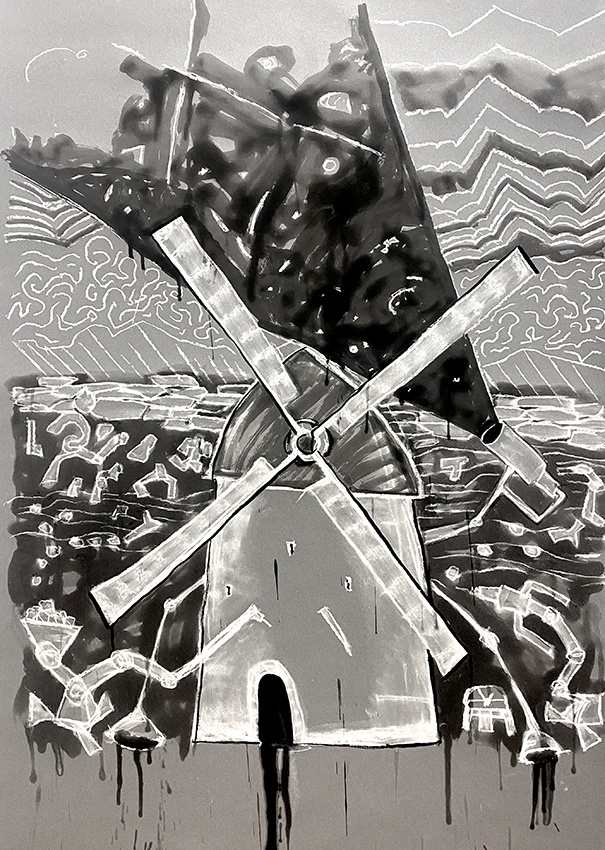|
Mysterianism
It is most probably true that we will never know the world. Absolute and complete knowledge is a grotesque ideal. Pure hubris, sheer foolishness, for limited beings like us. The world vastly exceeds our grasp. It is, and always will be, deepest mystery. Its secrets inexhaustible. Yet we refuse to simply acknowledge this fact. We will acknowledge it (for hubris is our enemy and we are no fools). But we will also move on, with humility, and against all odds. Humble we may be, but we are not modest. Aware of our boundaries, we push against them. We will never stop, never give up. Our aim is no less than to attain the unattainable. Six impossible things before breakfast (and then some). We delight in the fact that we can never have what we want. The aim is not to win, but to keep on playing. This is what attracts us, what drives us: endless play. We do not accept rules, we make and remake them. Our aim is not to resolve paradox, but to use it. Let’s embrace the absurd, that is what life is. Our epitaphs shall read “at least they tried.” We will chase windmills still, when chivalry is dead. |
Sources
The metaphor of infinite play (and of finite games) is from James Carse’s “Finite and Infinite Games.”
The metaphor of infinite play (and of finite games) is from James Carse’s “Finite and Infinite Games.”
|
Previous: Wisdom
|
Next: Metamodernity
|
The authors acknowledge funding from the John Templeton Foundation (Project ID: 62581), and would like to thank the co-leader of the project, Prof. Tarja Knuuttila, and the Department of Philosophy at the University of Vienna for hosting the project of which this book is a central part.
Disclaimer: everything we write and present here is our own responsibility. All mistakes are ours, and not the funders’ or our hosts’ and collaborators'.
Disclaimer: everything we write and present here is our own responsibility. All mistakes are ours, and not the funders’ or our hosts’ and collaborators'.


